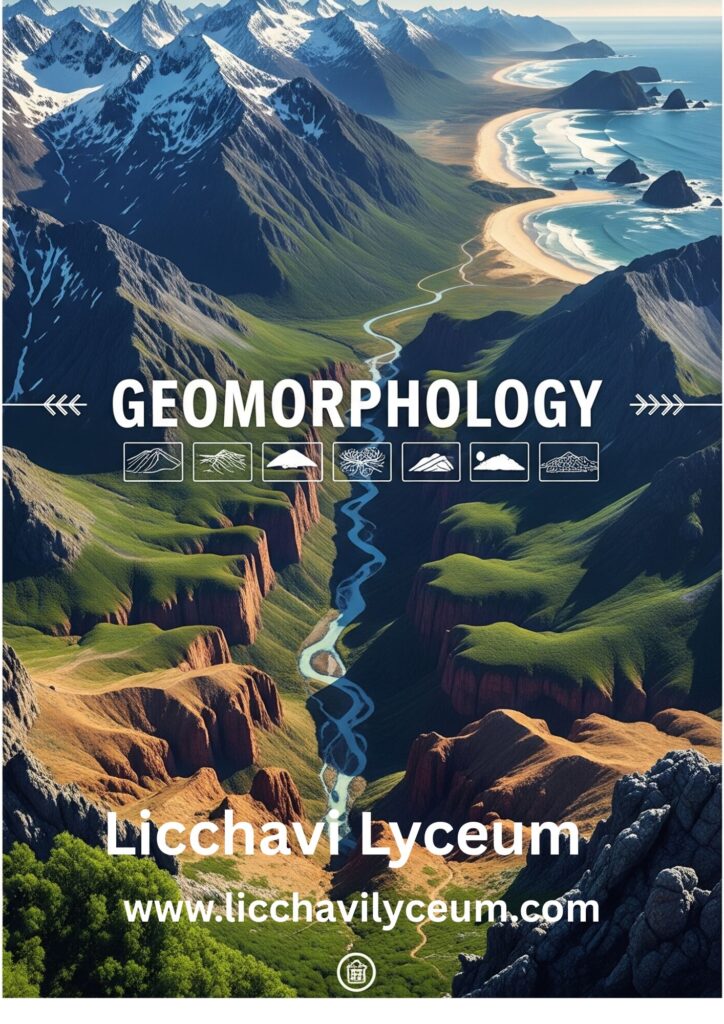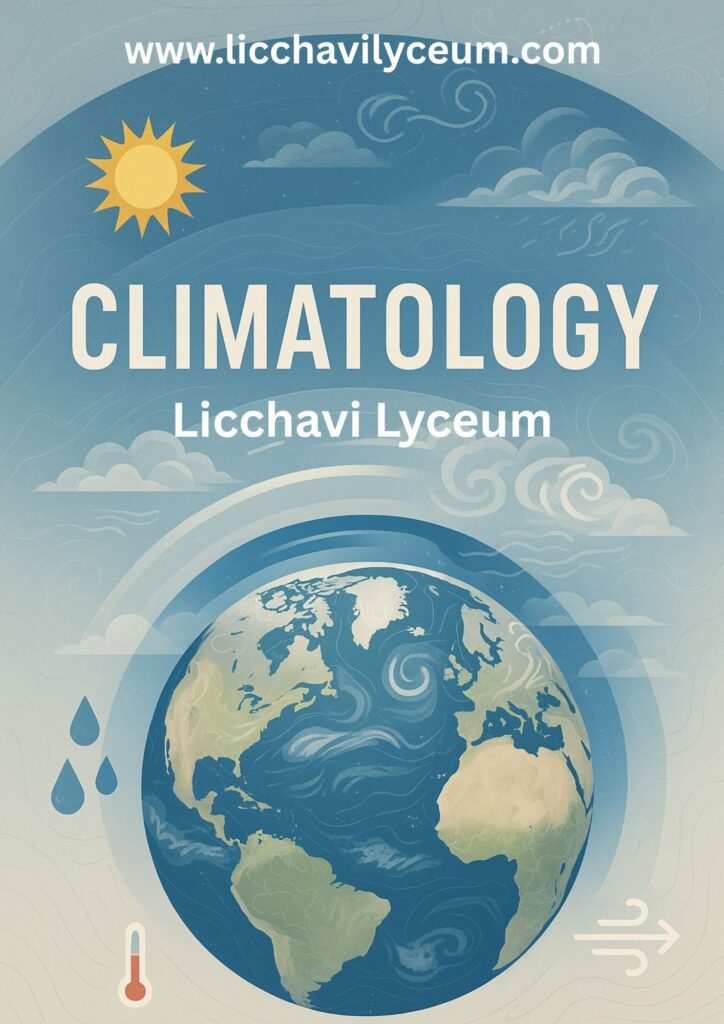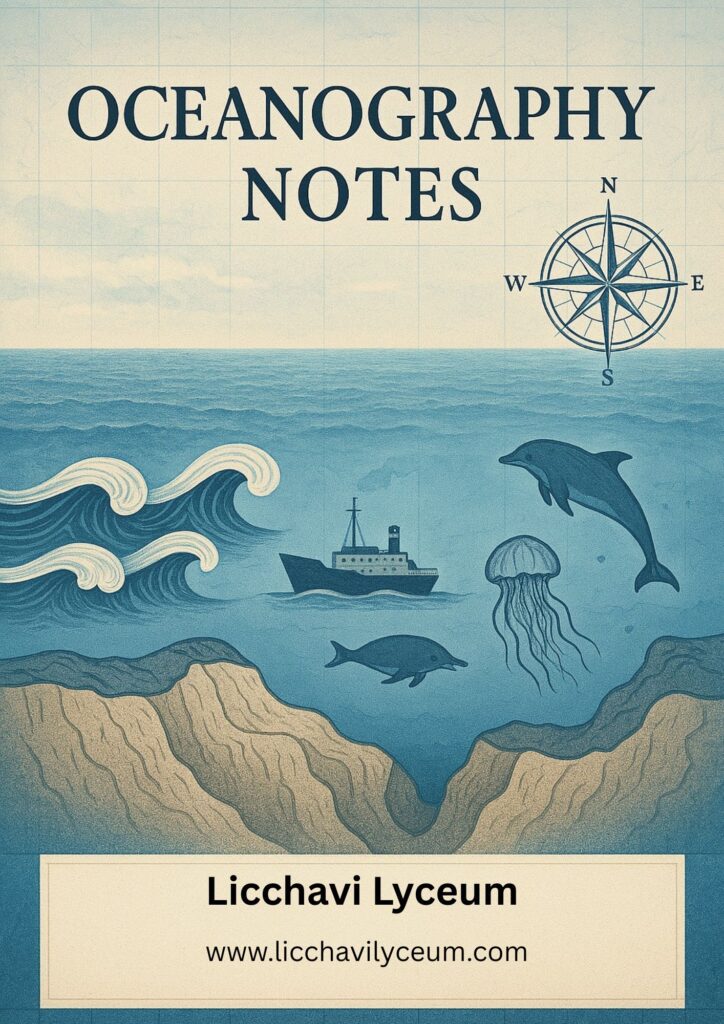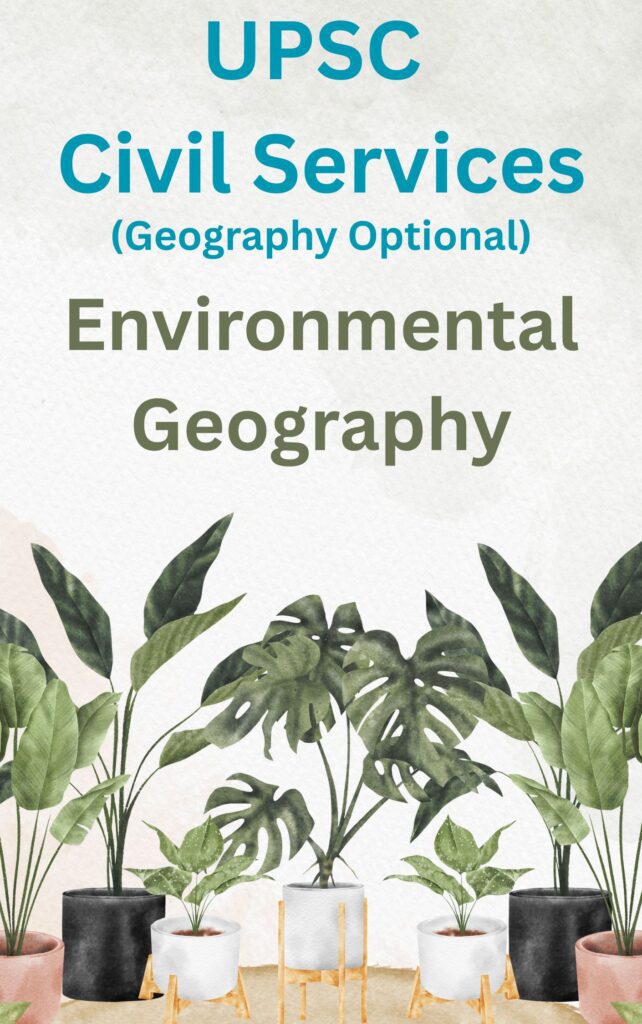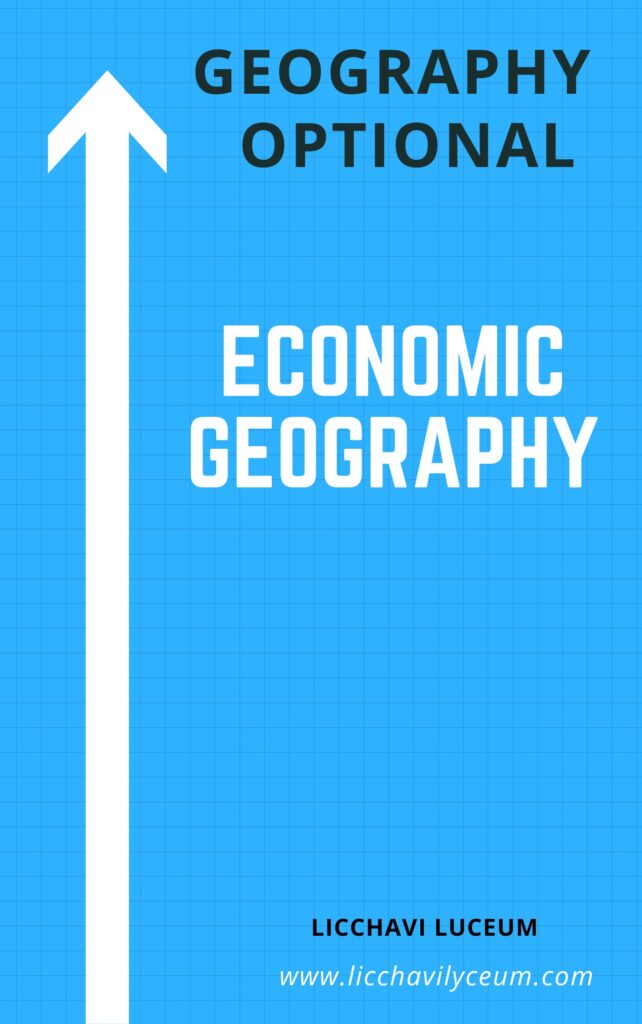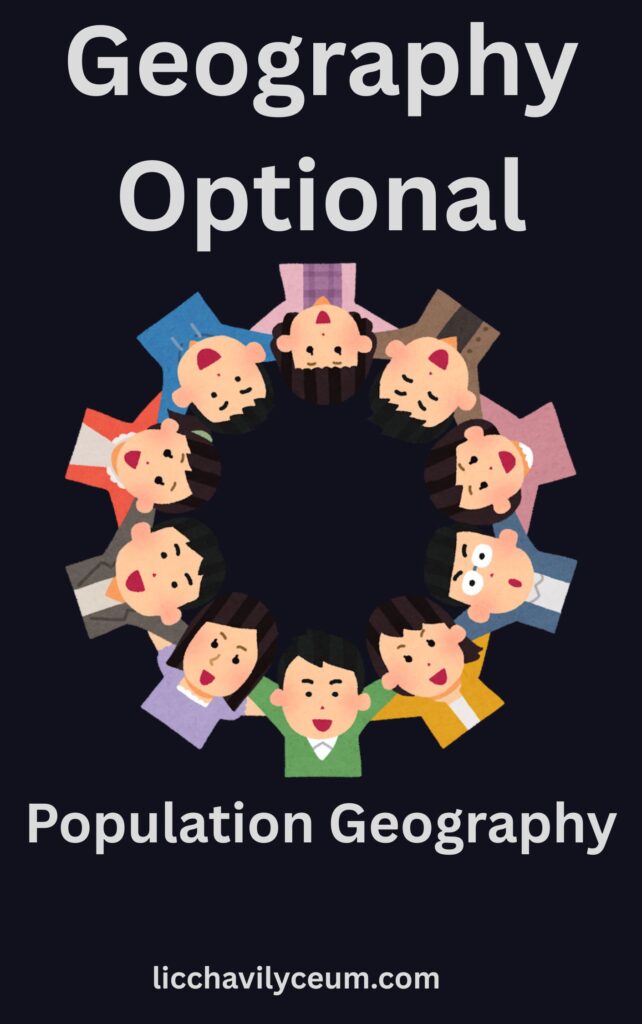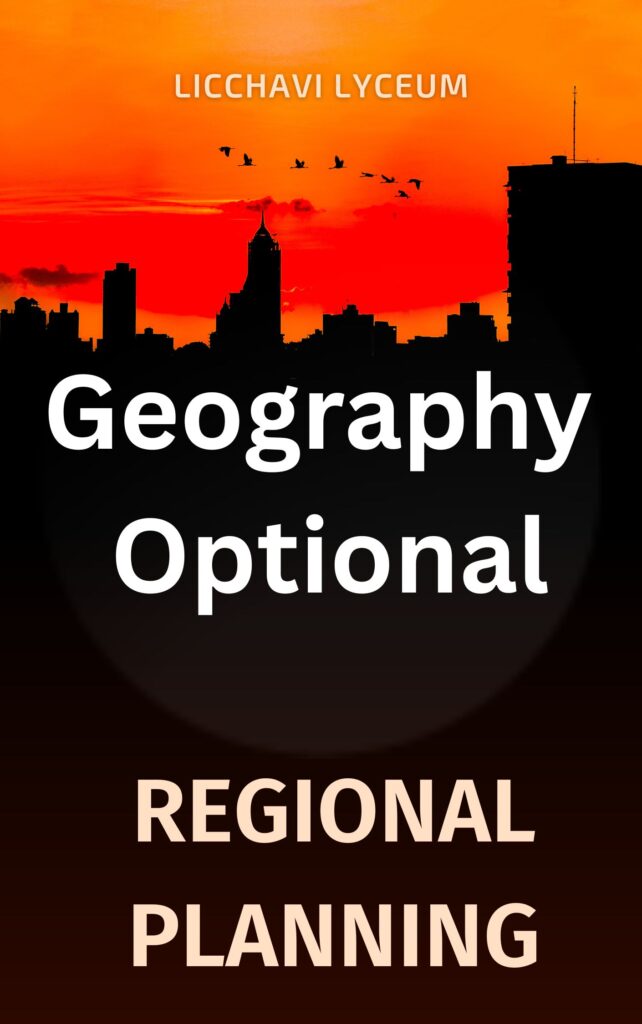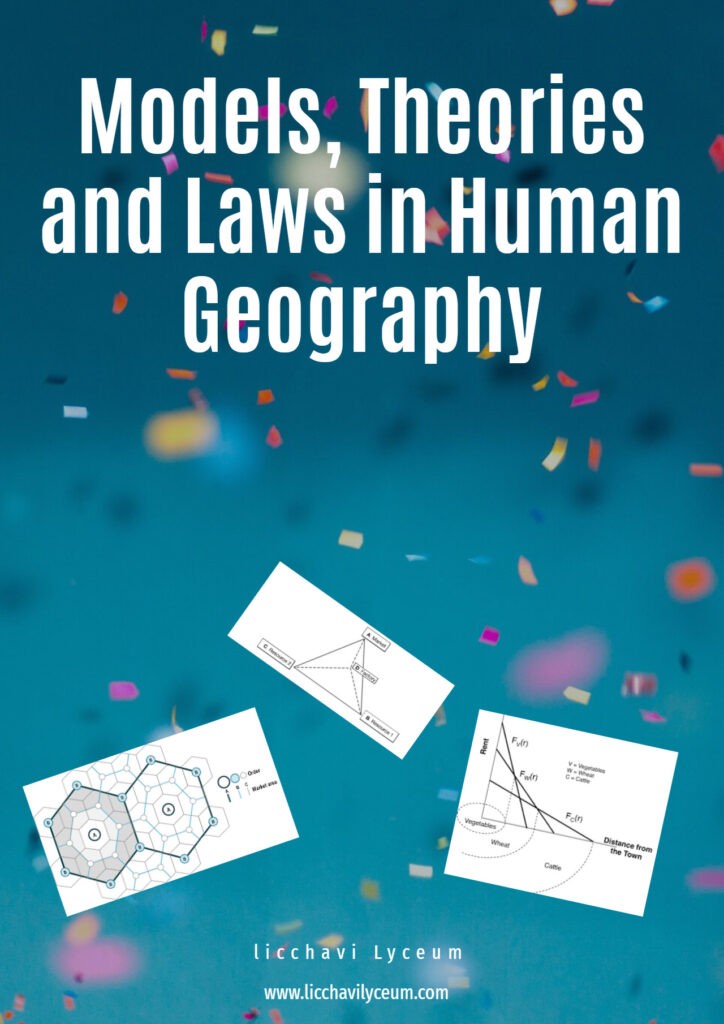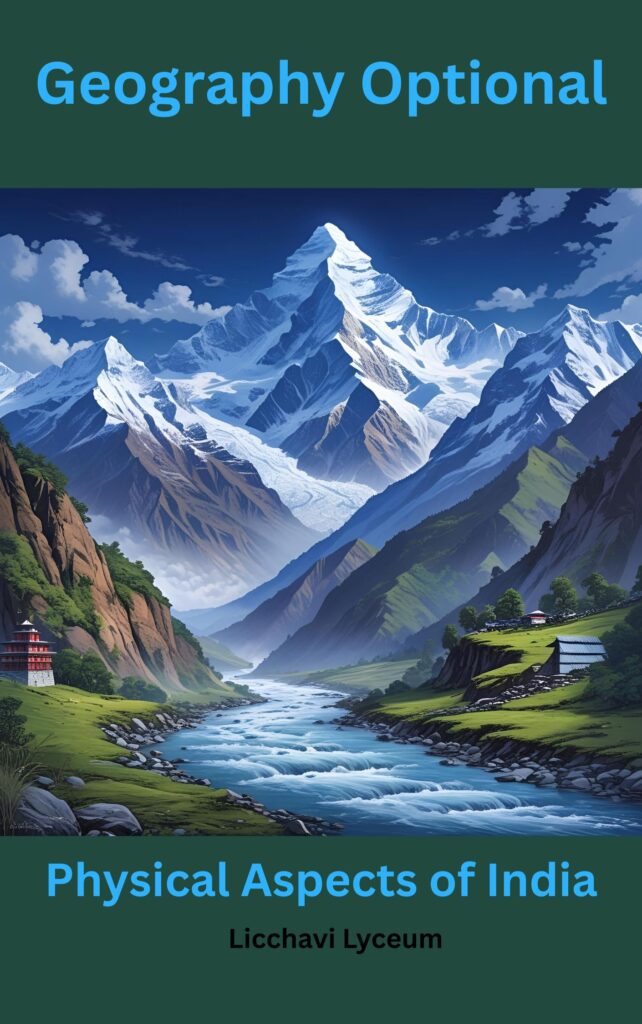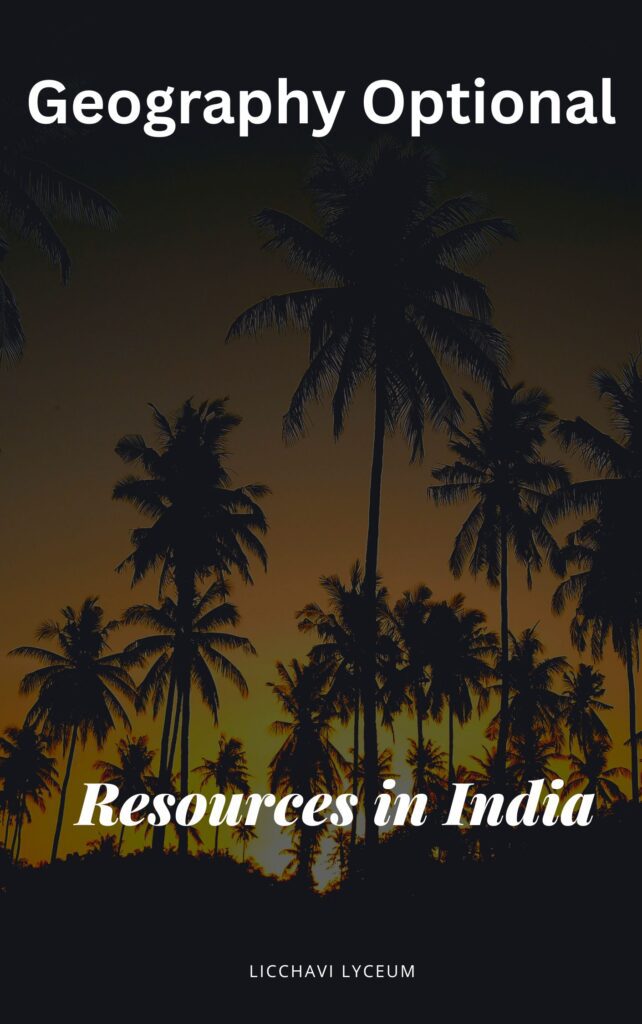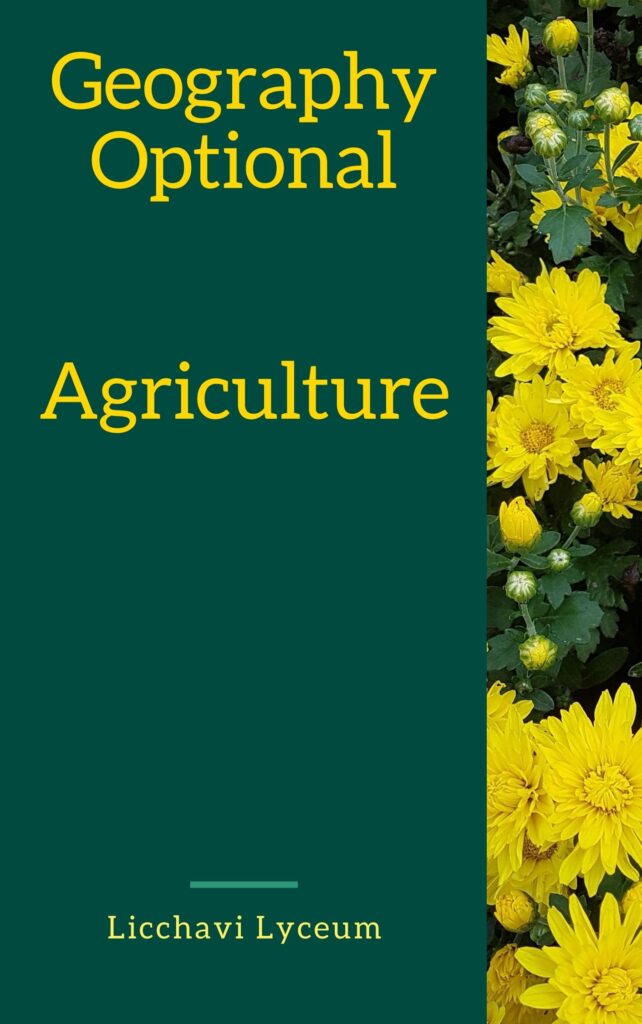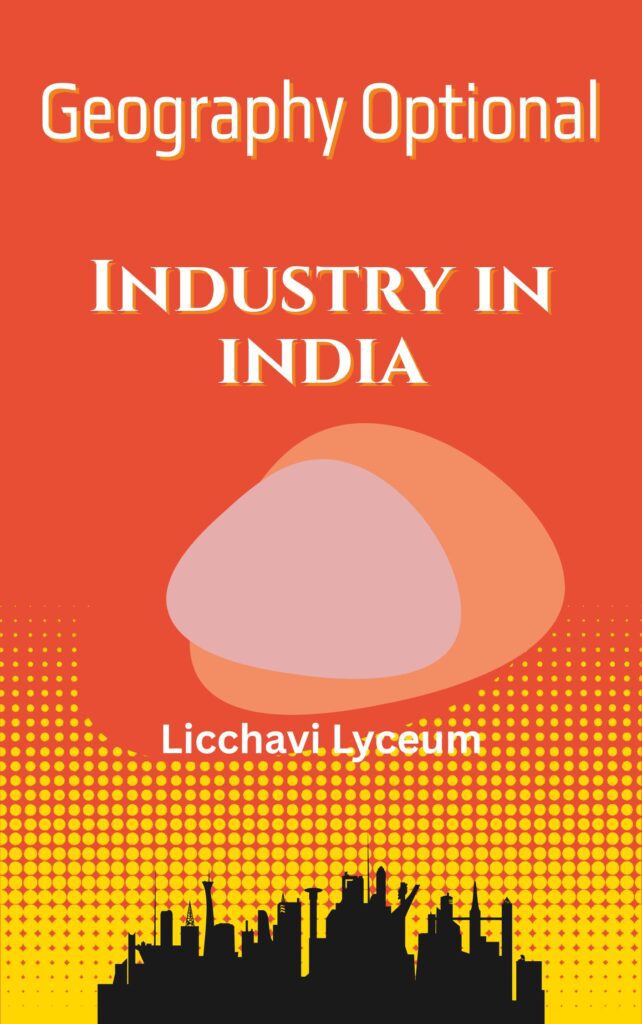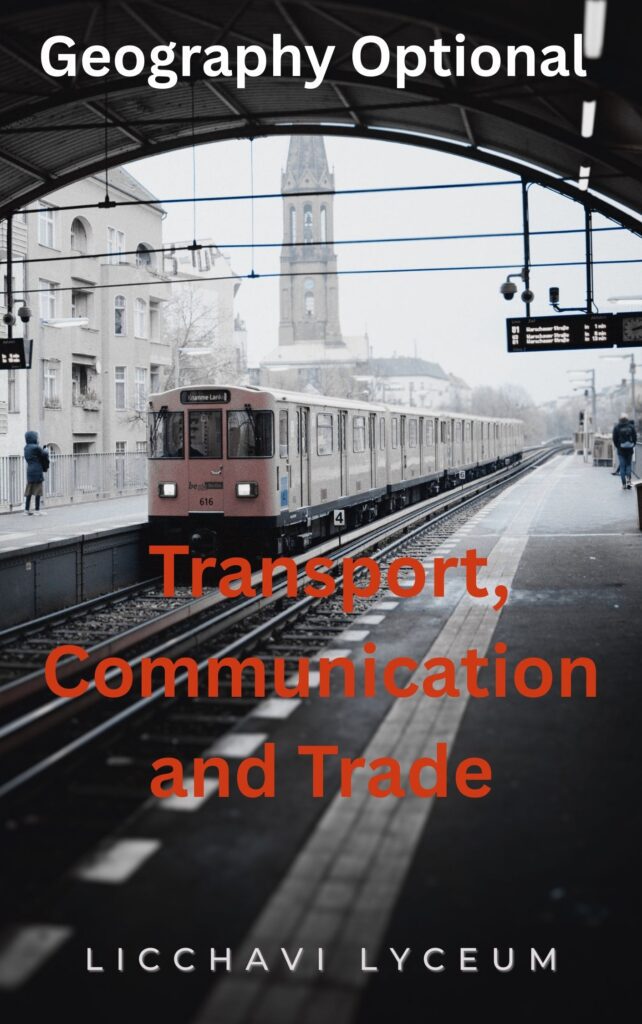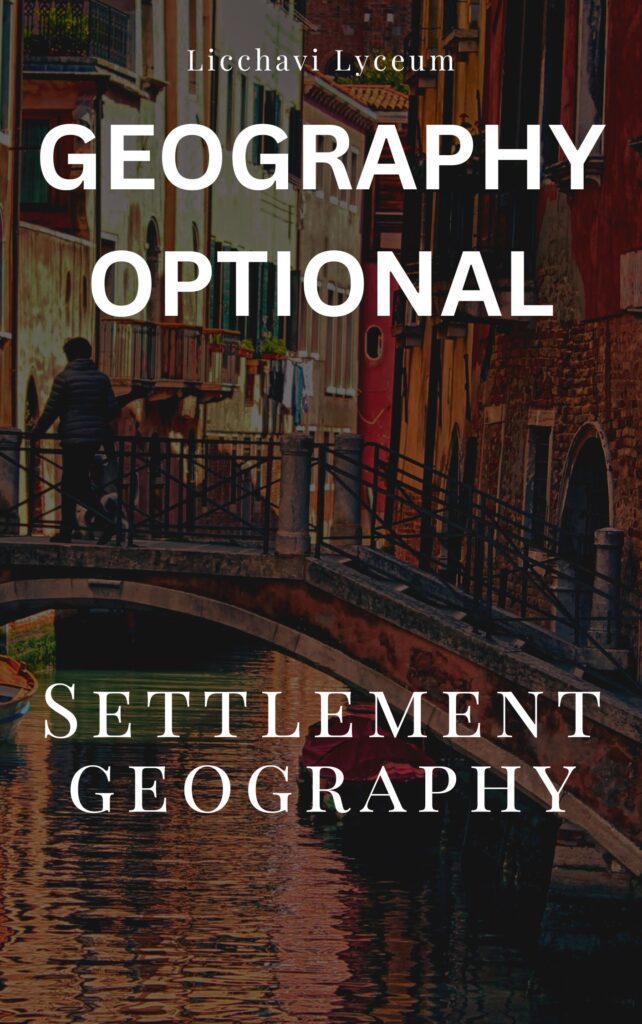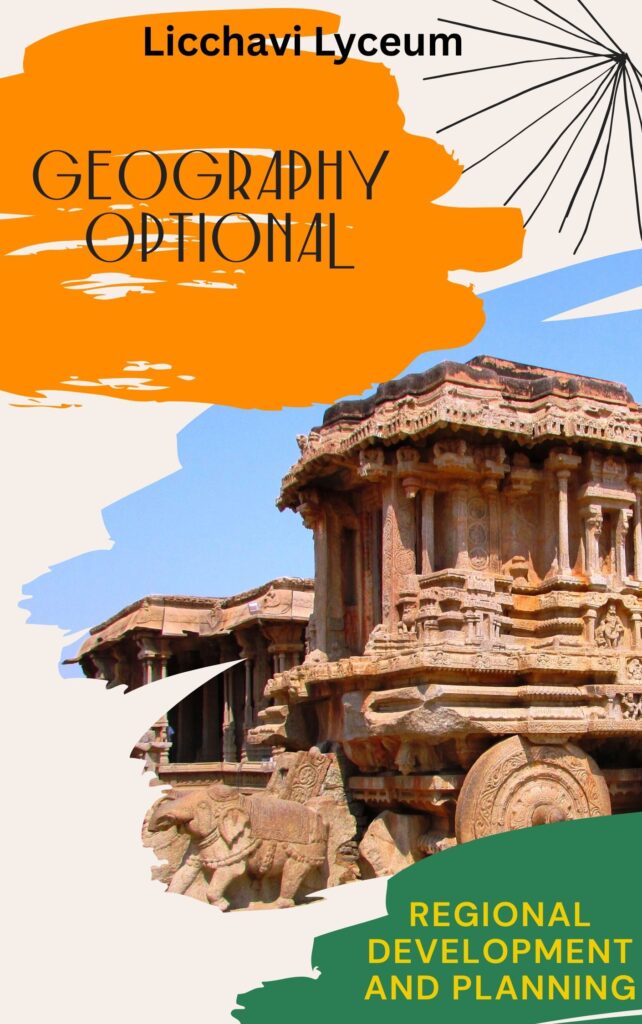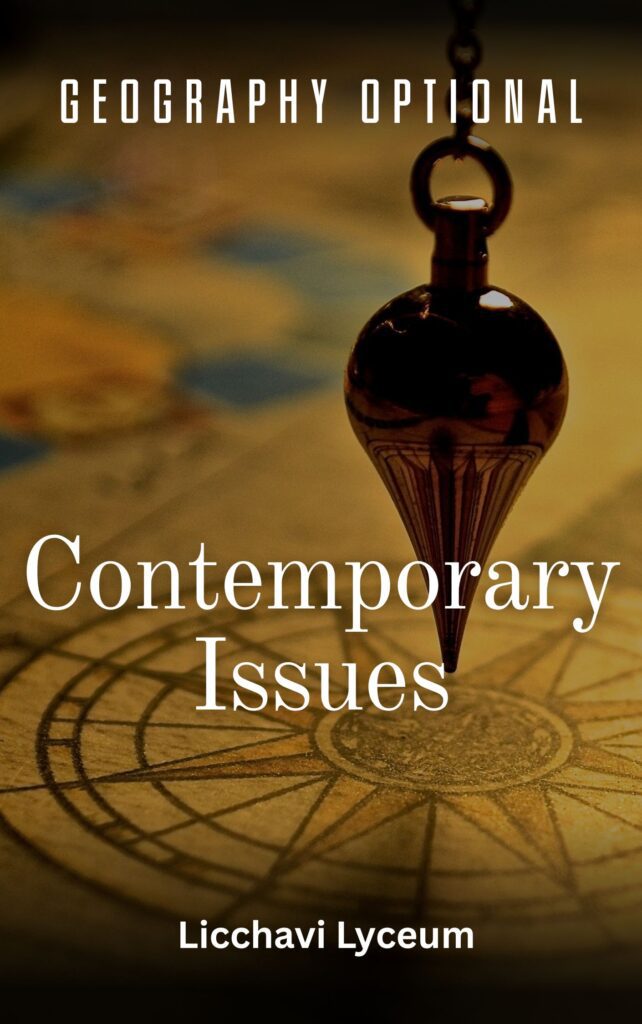Geography Optional (UPSC)
Paper I
PRINCIPLES OF GEOGRAPHY
A. Physical Geography
1. Geomorphology
- Factors Controlling Landform Development
- Endogenetic and Exogenetic Forces
- Origin and Evolution of the Earth’s Crusts
- Fundamentals of Geomagnetism
- Physical Conditions of the Earth’s Interior
- Geosynclines
- Continental Drift
- Isostasy
- Plate Tectonics
- Recent views on Mountain Building
- Volcanicity
- Earthquake
- Tsunami
- Concepts of Geomorphic Cycles and Land scape development
- Denudation Chronology
- Channel Morphology
- Erosion Surfaces
- Slope Development
- Applied Geomorphology
- Economic Geology and Environment
2. Climatology
- Temperature and Pressure Belts of the World
- Heat Budget of the Earth
- Atmospheric Circulation
- Atmospheric Stability and Instability
- Planetary Winds
- Local Winds
- Monsoons
- Jet Streams
- Air masses and fronto
- Temperate Cyclone
- Tropical Cyclone
- Types and Distribution of Precipitation
- Weather and Climate
- Koppen’s Climate Classification
- Thornthwaite’s Climate Classification
- Trewartha’s Climate Classification
- Hydrological cycle
- Global Climatic Change
- Role and Response of man in Climatic Changes
- Applied Climatology
- Urban Climate
3. Oceanography
- Bottom topography of Indian Ocean
- Bottom topography of the Pacific Oceans
- Bottom topography of the Atlantic Ocean
- Temperature of the Oceans
- Salinity of the Oceans
- Heat Budget of Ocean
- Salt Budget of Ocean
- Ocean Deposits
- Oceanic waves
- Oceanic Current
- Oceanic tides
- Marine resources: Biotic
- Marine Resources: Mineral
- Marine Resources: Energy
- Coral Reefs and Coral Bleaching
- Sea-level changes
- Law of the Sea
- Marine Pollution
4. Biogeography
5. Environmental Geography
- Principle Ecology
- Human Ecological Adaptations
- Influence of man on Ecology and Environment
- Global and Regional Ecological Changes and Imbalances
- Ecosystem their Management and Conservation
- Environmental Degradation, Management and Conservation
- Biodiversity and Sustainable Development
- Environmental Policy
- Environmental hazards and Remedial measures
- Environmental education and legislation
B. Human Geography
2. Economic Geography
- World Economic Development: Measurement and Problems
- World Resources and their Distribution
- Energy Crisis
- The Limits to Growth
- World agriculture: typology of agricultural regions
- Agricultural inputs and productivity
- Food and nutritions problems
- Food security
- famine: causes, effects and remedies
- World industries: location patterns and problems
- Patterns of world trade
3. Population and Settlement Geography
- Growth and Distribution of World Population
- Demographic Attributes
- Causes and Consequences of Migration
- Concepts of over, under and optimum Population
- Population Theories
- World Population Problems and Policies
- Social well-being and Quality of Life
- Population as Social Capital
- Types and Patterns of Rural Settlements
- Environmental issues in Rural Settlements
- Hierarchy of Urban Settlements
- Urban Morphology
- Concept of Primate city and Rank-Size rule
- Functional classification of towns
- Sphere of urban influence
- Rural-urban fringe
- Satellite Towns
- Problems and Remedies of urbanization
- Sustainable development of cities
- Demographic Transition Theory
4. Regional Planning
5. Models, Theories and Laws in Human Geography
- System Analysis in Human Geography
- Malthusian Model
- Marxian Model
- Demographic Transition Model
- Central Place Theories of Christaller
- Central Place Theories of Losch
- Perroux and Boudeville
- Von Thunen’s model of Agricultural Location
- Weber’s Model of Industrial Location
- Rostov’s Model of Stages of Growth
- Heartland and Rimland Theories
- Laws of International Boundaries and Frontiers
Paper II
GEOGRAPHY OF INDIA
1. Physical Setting
- Space relationship of India with neighbouring countries
- Structure and relief
- Drainage system and watersheds
- Physiographic Regions
- Mechanism of Indian Monsoons and Rainfall Patterns
- Tropical cyclones in India
- Western disturbances
- Floods in India
- Droughts in India
- Climatic regions in India
- Natural vegetation in India
- Soil types and their distributions in India
2. Resources
3. Agriculture
- Infrastructure: Irrigation
- Infrastructure: Seeds, Fertilizers, Power
- Institutional factors
- land holdings
- Land tenure and land reforms
- Cropping Pattern
- Agricultural Productivity
- Agricultural Intensity
- Crop combination
- Land capability
- Agroforestry
- Social forestry
- Green revolution and its socio-economic implications
- Green Revolution and its ecological implications
- Significance of dry farming
- Livestock resources
- White revolution
- Aquaculture
- Sericulture
- Agriculture and Poultry
- Agricultural Regionalisation
- Agro-climatic zones
- Agro-ecological regions
4. Industry
- Evolution of Industries
- Locational factors of Cotton
- Locational factors of Jute
- Locational factors of Textile
- Locational factors of Iron and Steel Industry in India
- Locational factors of Aluminum industry in India
- Locational factors of fertilizer Industry in India
- Locational factors of Paper industry in India
- Locational factors of chemical and pharmaceutical industry in India
- Locational factors of automobile industry in India
- Locational factors of cottage and agro-based industry in India
- Location of chemical and pharmaceutical industry in India
- Location of automobile industry in India
- Location of cottage and ago-based industries in India
- Industrial houses and complexes including public sector undertakings
- Industrial regionalisation
- New industrial policy
- Multinationals and liberalisation
- Special Economic Zones
- Tourism including ecotourism
5. Transport, Communication and Trade
- Road
- Railway
- Waterway
- Airway
- Pipeline Networks
- Complementary roles of transport in regional development
- Growing importance of ports on national and foreign trade
- Trade Balance
- Trade Policy
- Export Processing Zones
- Developments in communication and information technology and their impacts on economy and society
- Indian Space Programme
6. Cultural Setting
- Historical Perspective of Indian Society
- Racial linguistic and ethnic diversities
- Religious minorities
- Major tribes
- Tribal areas and their problems
- Cultural regions
- Growth, distribution and density of population
- Demographic attributes: Sex-ratio
- Demographic attributes: Sex-ratio age structure
- Demographic attributes: literacy rate,
- Demographic attributes: work-force,
- Demographic attributes: dependency ratio,
- Demographic attributes: longevity
- Migration (interregional, intraregional and international) and associated problems
- Population problems and policies
- Health indicators
7. Settlements
8. Regional Development and Planning
- Experience of regional planning in India
- Five Year Plans
- Integrated rural development programmes
- Panchayati Raj and decentralised planning
- Command area development
- Watershed management
- Planning for backward area
- Planning for desert area in India
- Planning for drought-prone areas in India
- Planning for hill areas in India
- Tribal area development
- Multi-level planning
- Regional planning
- Development of island territories
9. Political Aspects
10. Contemporary Issues
- Ecological issue: Environmental hazard: Landslides
- Ecological issue: Environmental hazard: Earthquake
- Ecological issue: Environmental hazard: Tsunami
- Ecological issue: Environmental hazard: Flood
- Ecological issue: Environmental hazard: Drought
- Ecological issue: Environmental hazard: Epidemic
- Issues related to environmental pollution
- Changes in patterns of land use
- Principles of environmental impact assessment and environmental management
- Population Explosion and Food Security
- Environmental Degradation
- Deforestation, Desertification and Soil erosion
- Problems of Agrarian and Industrial unrest
- Regional Disparities in Economic Development
- Concept of Sustainable Growth and Development
- Environmental Awareness
- Linkage of Rivers
- Globalization and the Indian economy
Geography GS Topics
- Earth
- Universe
- Solar System
- Composition of Atmosphere
- Structure of the Atmosphere
- Solar Insolation
- Heat Budget of Earth
- Global Climatic Change
- Horizontal and Vertical Distribution of Temperature
- Temperature Inversion
- Temperature and Pressure Belts of the World
- Local Winds
- Foehn
- Chinook
- Mistral
- Water Vapor in Atmosphere
- Absolute Humidity
- Relative Humidity
- Specific Humidity
- Evaporation
- Condensation
- Types of Cloud
- Types of Rainfall
- Distribution of Precipitation
- Weather & Climate
- Ocean Basins
- Earth Interior
- Rocks
- Mountains
- Fold Mountains
- Volcanic Mountains
- Block Mountains
- Residual Mountains
- Weathering & Gradation
- Soil Profile
- Factors of Soil Formation
- Soil Erosion, Degradation and Conservation
- Functions of Running Water
- Oceanic Waves
- Oceanic Tides
- Karst Topography
- Biosphere
- Energy Flow in Ecosystem
- Continental Drift Theory of Taylor
- Kepler Law of Planetary Motion
- Direction of Rotation of Planets
- The Origin of Life on Earth
- Evolution of Atmosphere and Hydrosphere
- Evaporation and Condensation
- McMahon Line
- Latitude and Longitude
- Black Soil
- Heat Waves
- North Koel River
- Teesta River
- Malthusian Theory
- Christaller’s Central Place Theory
- Continental Shelf
- Map Based Questions
- UPSC Geography Optional Solved Question Paper
- Mountain Ranges in India
- Gulf Stream
- Burgess and Hoyt Land Use Models
- Geosyncline Theory by Kober
- Polycyclic Landforms
- Gaseous Hypothesis of Kant
